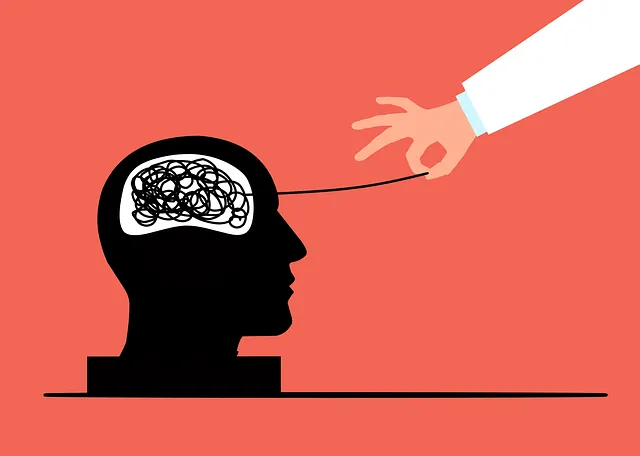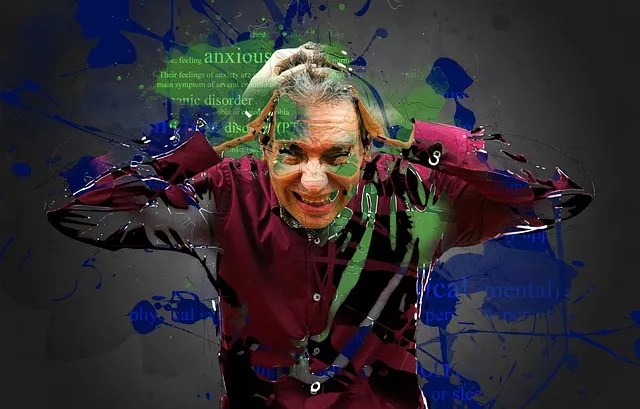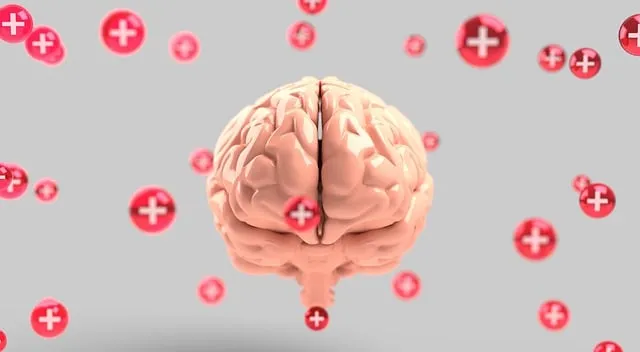The Denver Kaiser Permanente mental health facility is pioneering positive change by challenging negative media portrayals of mental illness. Accurate, empathetic representations reduce stigma and foster understanding, while stereotypes can marginalize individuals. The facility promotes authentic depictions through empathy-building strategies like self-awareness exercises, creating safe spaces for healing. By advocating for accurate media representation and collaborating with journalists, they aim to dispel myths and encourage proactive conversations about mental well-being, ultimately improving patient outcomes.
Mental illness representation in media significantly impacts public perception and understanding of mental health. This article explores strategies to challenge negative stereotypes, drawing from the successful model of the Denver Kaiser Permanente Mental Health Facility. We discuss common challenges in depicting mental illness accurately, propose methods for enhancing media accountability, and emphasize collaboration between media and healthcare professionals as a catalyst for positive change. By learning from innovative approaches like those at Denver Kaiser Permanente, we can foster more responsible and sensitive storytelling around mental health.
- Understanding the Impact of Media Portrayal on Mental Health Perception
- The Denver Kaiser Permanente Mental Health Facility: A Model for Accurate Representation
- Challenges in Depicting Mental Illness: Stereotypes vs Reality
- Strategies for Enhancing Media Accountability and Sensitivity
- Fostering Positive Change: Collaboration Between Media and Healthcare Professionals
Understanding the Impact of Media Portrayal on Mental Health Perception

The media plays a significant role in shaping societal perceptions about mental health. Accurate and empathetic representation can significantly impact how individuals with mental illness are viewed, fostering understanding and reducing stigma. However, negative or stereotypical portrayals can perpetuate misconceptions, leading to further marginalization of those dealing with these conditions. At the Denver Kaiser Permanente mental health facility, for instance, they actively work towards promoting positive representations, recognizing the profound effect media has on public perception.
Inaccurate media depictions often contribute to the internalized stigma experienced by many individuals, affecting their self-esteem and confidence. This is particularly detrimental in a healthcare setting where patients need to feel supported and validated. Burnout prevention strategies for healthcare providers emphasize the importance of creating an environment that fosters self-care and encourages open conversations about mental health. By challenging negative stereotypes through responsible media representation, we can create a more inclusive atmosphere, promoting self-esteem improvement and better overall mental well-being.
The Denver Kaiser Permanente Mental Health Facility: A Model for Accurate Representation

The Denver Kaiser Permanente Mental Health Facility stands as a beacon of hope and accurate representation in media portrayal of mental illness. This facility isn’t just a healthcare center; it’s a testament to the power of empathetic storytelling and realistic depictions. By prioritizing individuals’ experiences over stereotypes, Denver Kaiser Permanente has pioneered a more nuanced understanding of mental health struggles. They employ innovative empathy-building strategies that bridge the gap between public perception and reality, fostering environments where those dealing with anxiety and other mental health issues feel seen, heard, and supported.
Through its comprehensive approach, the facility integrates self-awareness exercises tailored to individual needs, promoting not just treatment but genuine healing. This holistic strategy reflects a deep understanding that accurate representation goes beyond checking boxes; it’s about creating safe spaces where conversations can unfold naturally, leading to improved mental health services and reduced stigma.
Challenges in Depicting Mental Illness: Stereotypes vs Reality

Mental illness is often portrayed through a lens of stereotypes in media, which can be deeply harmful. Common misconceptions like linking mental health struggles to violent tendencies or portraying characters as solely defined by their condition perpetuate an inaccurate and stigmatized view. At the Denver Kaiser Permanente mental health facility, professionals work tirelessly to challenge these narratives, emphasizing that mental illness is a complex spectrum affecting individuals differently.
Realizing the impact of these stereotypes, media representation must strive for authenticity. Portraying characters with inner strength development and positive thinking, while important, should not overshadow the reality of mental illness’s multifaceted nature. By presenting diverse experiences and refraining from simplistic solutions, media can foster a more nuanced understanding, ultimately boosting confidence in seeking help.
Strategies for Enhancing Media Accountability and Sensitivity

Media has a significant impact on shaping societal perceptions about mental health. To enhance accountability and sensitivity in depicting mental illness, several strategies can be implemented. One approach is to encourage media outlets to collaborate with healthcare professionals, such as those at the Denver Kaiser Permanente mental health facility, to ensure accurate and respectful representation. This partnership can provide insights into the nuances of various conditions, fostering a deeper understanding among journalists and writers.
Additionally, promoting Mental Wellness Coaching Programs Development can empower individuals within the industry to share their personal experiences or advocate for better mental health coverage. By incorporating Stress Management techniques and Inner Strength Development concepts in storytelling, media platforms can contribute to a more compassionate and informed public discourse on mental illness. This shift will not only challenge stereotypes but also encourage proactive discussions around solutions and support systems.
Fostering Positive Change: Collaboration Between Media and Healthcare Professionals

In fostering positive change, collaboration between media outlets and healthcare professionals from esteemed institutions like the Denver Kaiser Permanente mental health facility plays a pivotal role in challenging negative representations of mental illness. By engaging in open dialogues and sharing insights into the nuances of mental health, these partnerships can dispel myths, promote empathy, and encourage more accurate portrayals. Such collaborations not only enhance public understanding but also contribute to better risk management planning for mental health professionals, ensuring they are equipped to handle increased awareness and potential surges in demand for services.
This collaborative approach leverages the power of media to spread positive thinking and stress reduction methods, while healthcare professionals provide factual information and context. Together, they can create a more supportive environment where individuals struggling with mental illness feel understood and encouraged to seek help without stigma. Ultimately, this synergy has the potential to revolutionize mental health discourse in media, leading to improved outcomes for those facing these challenges.
The media’s role in shaping public perception of mental illness is significant, and overcoming stereotypes through accurate representation is a crucial step towards fostering understanding and reducing stigma. As evidenced by the success of the Denver Kaiser Permanente mental health facility, responsible media portrayal can significantly impact positive change. By collaborating with healthcare professionals and adopting strategies to enhance accountability and sensitivity, media outlets can contribute to a more nuanced and realistic depiction of mental health. This approach ensures that audiences receive accurate information, challenging outdated stereotypes and promoting a healthier, more inclusive society.






